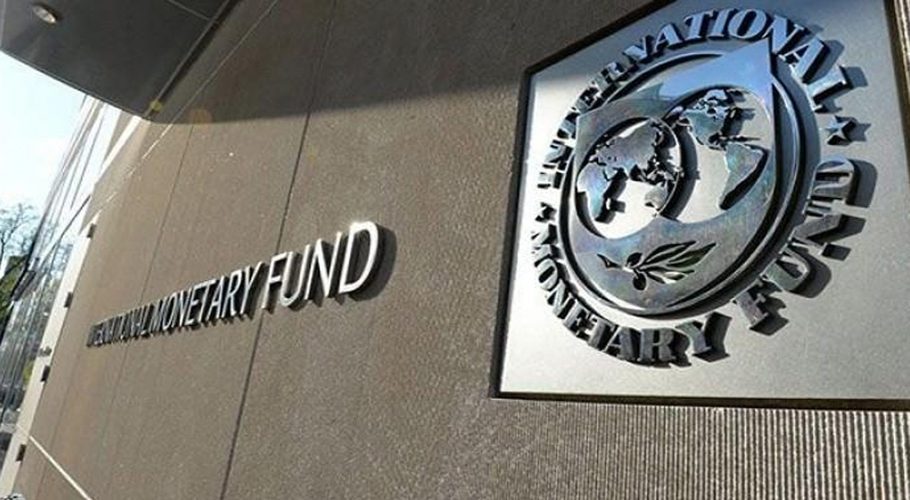The International Monetary Fund (IMF) said that high-interest rates in most of the world’s economies are unsustainable and once inflation is under control, interest rates will return to record lows.
“Our analysis suggests that recent increases in real interest rates are likely to be temporary,” the IMF said in a statement yesterday. “When inflation is under control, central banks in advanced economies will ease monetary policy and return real interest rates to pre-pandemic levels,” it added.
This means that after the most aggressive monetary policy in decades, interest rates in advanced economies will begin to fall and reach the “zero lower bound” level, while rates in developing economies will also fall. A continuous decrease will be observed.
According to the IMF, the natural level of interest rates will remain low in advanced economies or fall further in emerging markets. The natural rate is a reference for central banks to use to assess the stance of monetary policy. It is also important for fiscal policy.
The research alleviates some of the pressure on banking concerns in the long run as the banking crisis has raised the risk of borrowing costs amid tighter lending conditions and higher interest rates.
With monetary policy easing again, governments and businesses can borrow more cheaply. The IMF decided to revisit the topic after it noted that the pandemic has increased the natural rate of interest, reversing trends in globalization and ultra-low interest rates.
The IMF said that the natural rate of growth in advanced economies is likely to remain low. As emerging market economies adopt more advanced technology, total factor productivity growth is expected to catch up with the pace of advanced economies.
IMF Managing Director Kristalina Georgieva said global growth is expected to remain below 3 percent in 2023 and remain around that level for the next five years, a weak forecast.
In a speech before the spring meetings of the World Bank and the IMF, Georgieva said, “Despite growth in China, despite surprisingly resilient labor markets and strong consumer demand, we expect the global economy to this year will continue to grow.”
Georgieva also pointed out that India and China will account for half of the global growth in 2023, while nearly 90 percent of advanced economies have seen growth decelerate.





































